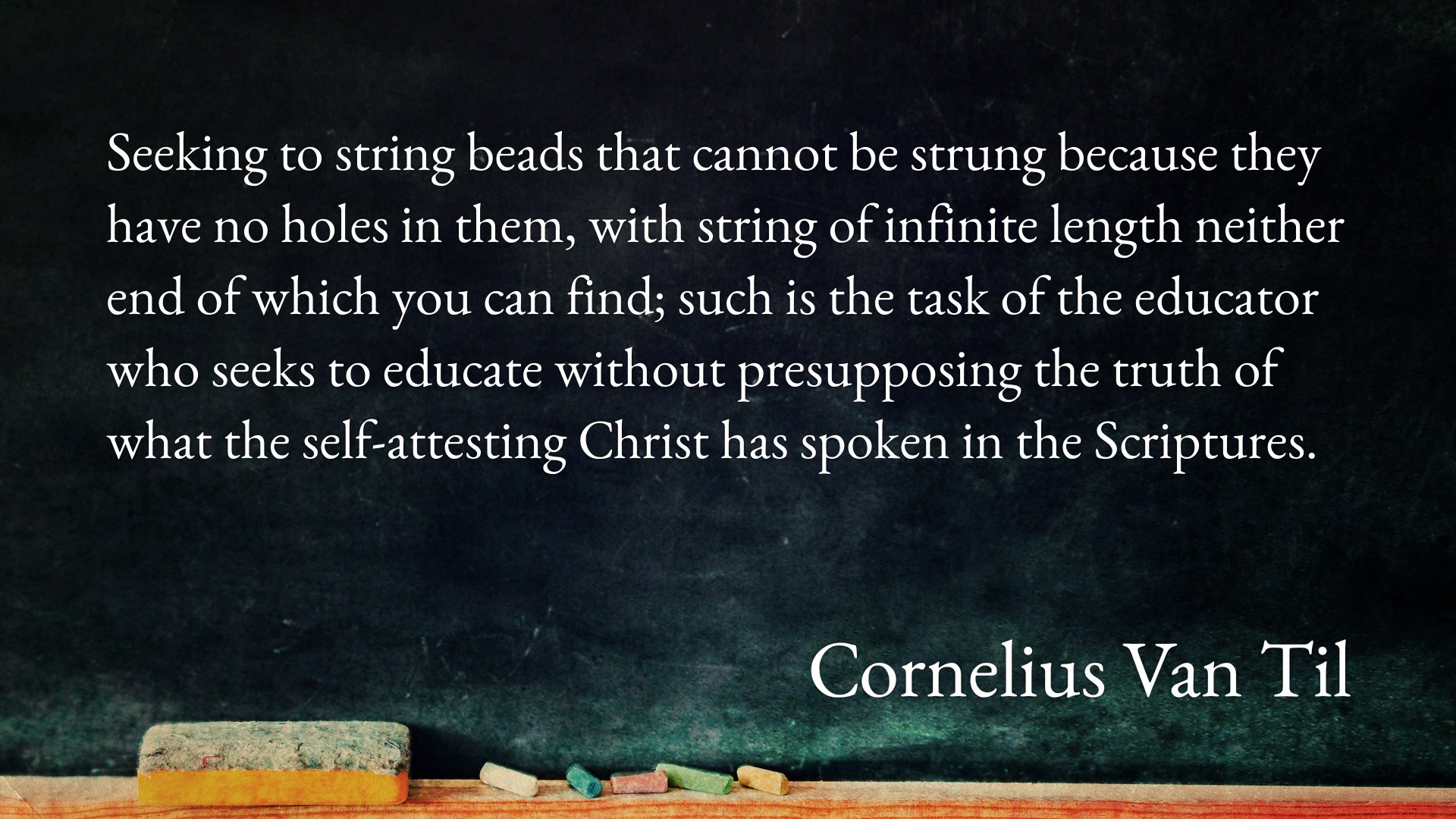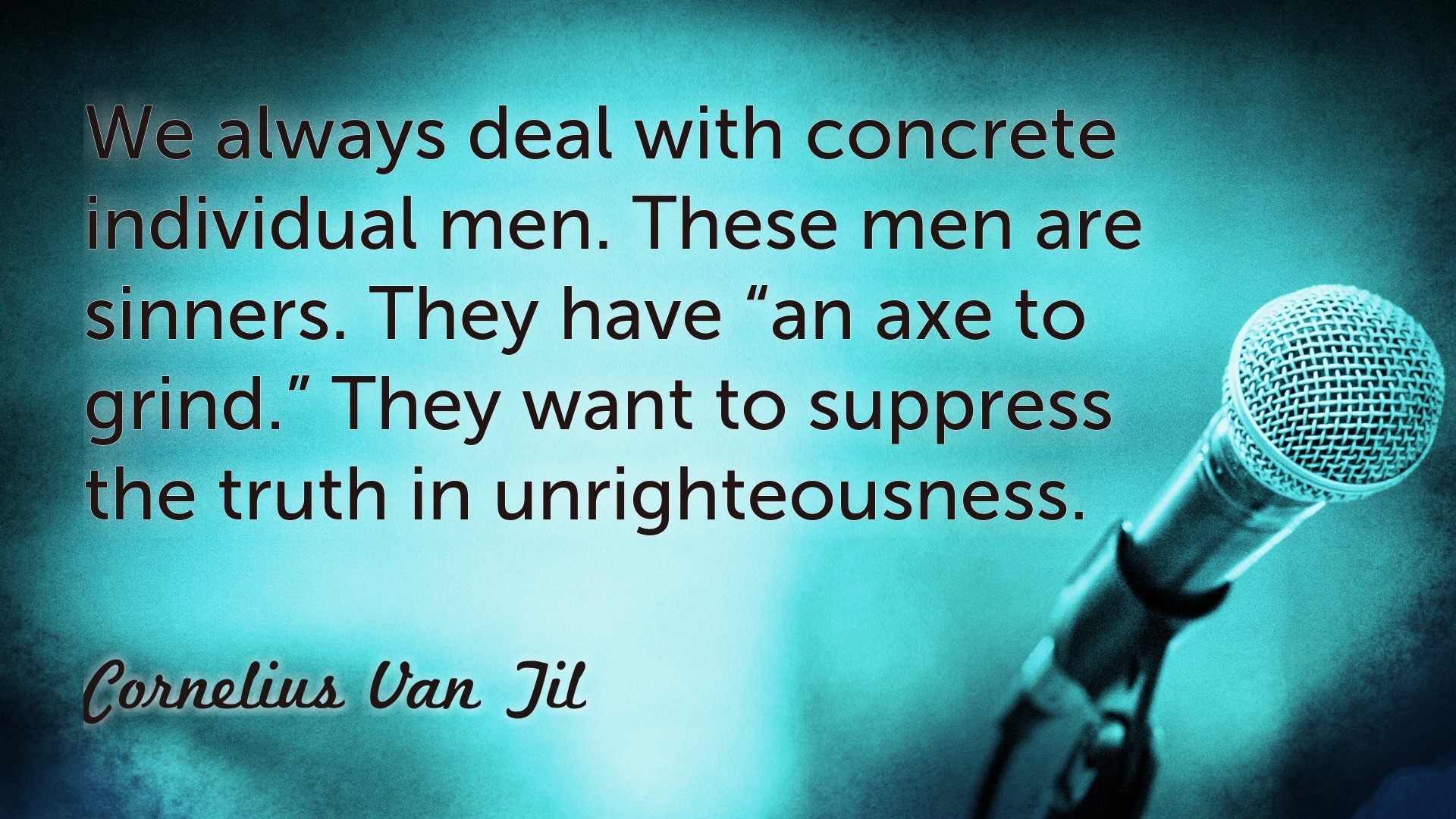Agnosticism, as it pertains to theism (and my interest here is Christian theism), runs one of two ways: 1) the individualist way—claiming to have no personal knowledge as to whether or not God, (or god, or gods, deity, etc.) exists. Others may make such a knowledge claim, but the individual agnostic claims, at least for himself, to have no knowledge; 2) the second way agnosticism is expressed is universality, stating that knowledge claims about deity is impossible for anyone. No one can know if such a thing as deity exists, and those who claim to know are either simply wrong, deceived, or deceptive.
The reason this distinction matters is that although an individual agnostic may deny the universality of his agnosticism, agnosticism invariably leads to a universal claim about knowledge, and a demand of its acceptance.
If, as Christian theists assert, all people, believers and unbelievers alike, know enough about God and His Law to be held accountable to it, then the agnostic is not telling the truth when he says, “I don’t know whether or not God exists.” This is hardly surprising—people say this all the time. The problem is, of course, that Scripture tells us otherwise (Psalm 19; Romans 2:12-16). According to the Bible, there are no agnostics. If the Bible is true, there are no agnostics.
The tendency to universalize agnosticism stems from the objection to what I said in the paragraph above: “You cannot say that I know there is a God when I clearly know that I do not know. What you say about me (that I really do know that God exists) can only be true if your system is correct. I don’t believe your system and therefore I am not subject to its claims.”
To defend agnosticism is to deny Scripture. But to deny Scripture is to claim knowledge about its truthfulness. Once such knowledge is claimed, agnosticism has been abandoned. So it is necessary to reject agnosticism in order to defend it, which, of course, means it is defeated. Therefore, I would argue, that agnosticism is irrational.
Furthermore, our disbelief or belief in any proposition (such as, “God exists) is irrelevant to its truthfulness. God does not exist because I believe that He does, nor does He not-exist because I disbelieve. What is true is true whether or not I believe it, or accept it. Denying Scripture, and all it says about God’s Law, judgement, and wrath, does not remove its reality if it is real.
So the agnostic must actually claim to know something: that religious knowledge is not true, or at least that it is unknowable. This is, then knowledge, something known.
This moves us into the second way that agnosticism functions, which is as a universal. Just as Christian truth-claims are universal, the agnostic’s knowledge must be universal as well. It cannot be private, or personal, because the nature of the claim is in essence a universal.
An agnostic cannot, consistently, remain so at the personal level. It must be true for all if it is for anyone.
Christians already accept that their beliefs are universal, and not limited to the individual.


